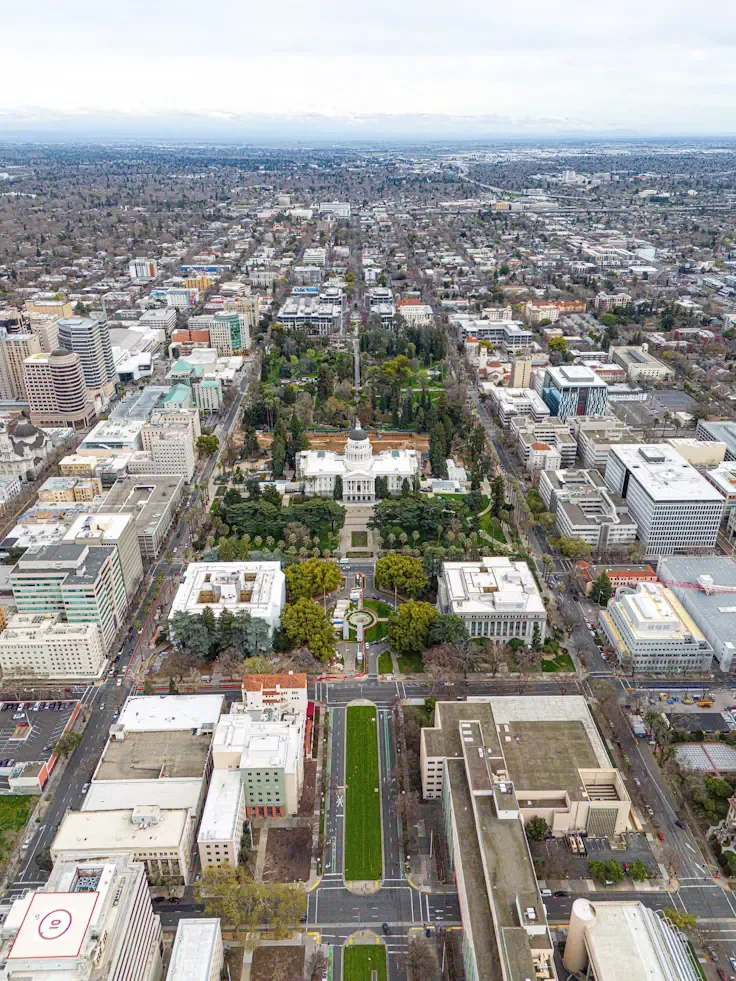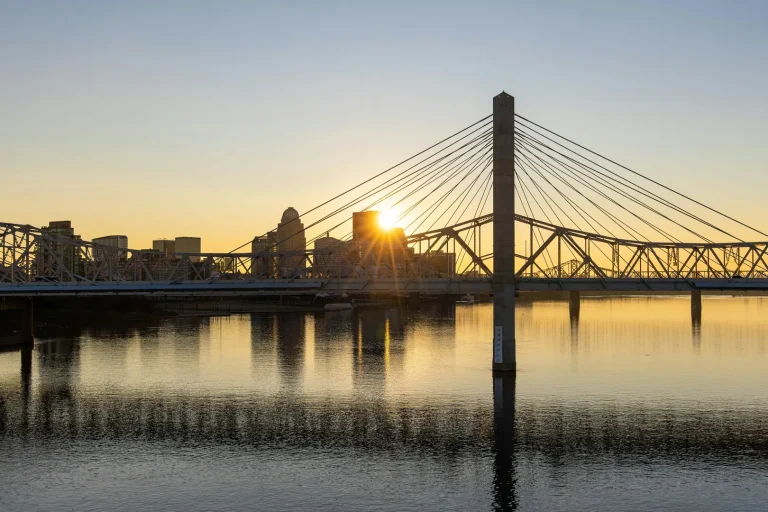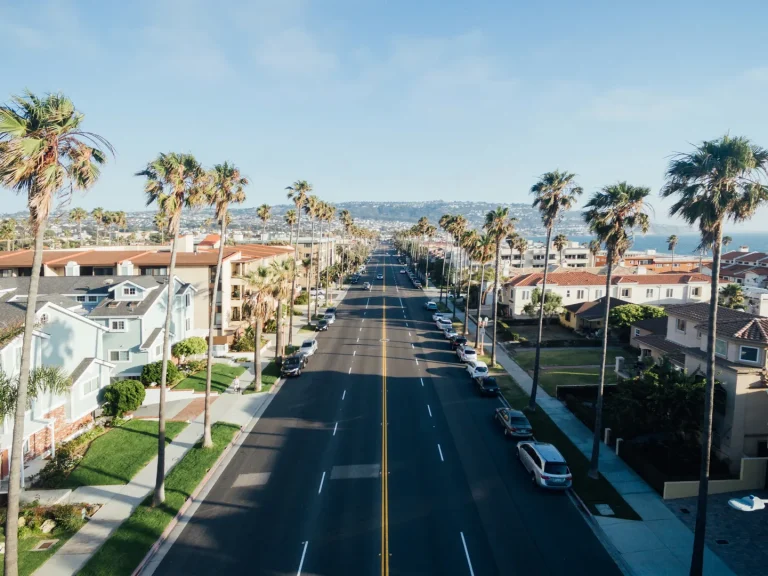Baltimore
Baltimore, the largest city in the state of Maryland, is known for its rich history, diverse culture, and vibrant communities. The city serves as a crucial hub for trade, education, and healthcare in the Mid-Atlantic region of the United States. As a significant urban center, Baltimore’s government meetings, particularly those held by the city council, play an essential role in shaping policies that affect the daily lives of its residents.
City Council Structure
The Baltimore City Council is the legislative body responsible for enacting laws, approving budgets, and overseeing the administration of various city services. The council consists of 14 members, including:
- 1 President, who is elected citywide
- 13 Councilmembers, each representing one of the city’s districts
This structure allows for representation of diverse neighborhoods and ensures that the voices of residents are heard in the legislative process. The council meets regularly to discuss and vote on issues ranging from public safety to urban development.
Key Responsibilities of the City Council
The Baltimore City Council has several key responsibilities that contribute to the effective governance of the city:
- Legislation: The council proposes, debates, and votes on new laws and amendments to existing legislation.
- Budget Approval: The council reviews and approves the city budget, determining funding allocations for various departments and services.
- Oversight: The council monitors the performance of city agencies and ensures accountability in the execution of city policies.
- Community Engagement: Councilmembers often hold town hall meetings and forums to engage with constituents, gather feedback, and address concerns.
Public Participation in Meetings
Public participation is a cornerstone of the democratic process in Baltimore. Residents are encouraged to engage with their local government by attending city council meetings, which are typically held in the Baltimore City Hall. These meetings are open to the public, and citizens can express their opinions on various issues affecting their neighborhoods.
In addition to in-person attendance, Baltimore City Council meetings are often streamed online, allowing a broader audience to participate remotely. This accessibility ensures that more residents can stay informed and involved in local governance, even if they are unable to attend meetings in person.
Major Topics Discussed in City Council Meetings
The Baltimore City Council addresses a wide range of topics that are critical to the well-being of its residents. Some common themes include:
- Public Safety: Discussions around crime rates, policing strategies, and community safety initiatives are frequent, as the council seeks to enhance the security and well-being of all citizens.
- Education: The council often deliberates on funding and policies related to the city’s public schools, aiming to improve educational outcomes for students.
- Healthcare: Baltimore is home to several prominent healthcare institutions, and the council frequently addresses issues related to public health and access to medical services.
- Housing and Development: Urban development projects, affordable housing initiatives, and zoning laws are essential topics, as the council strives to manage growth and ensure equitable development across the city.
- Environmental Sustainability: The council considers policies aimed at promoting sustainability, addressing climate change, and improving the city’s green spaces.
Conclusion
The Baltimore City Council plays a pivotal role in shaping the policies that govern the city and enhance the quality of life for its residents. Through structured meetings, public participation, and transparent governance, Baltimore’s civic leaders work to address the challenges facing the community while promoting growth and sustainability. As a resident or interested party, staying informed about city council meetings and their outcomes is vital for active civic engagement and community involvement.
By participating in the democratic process, residents can help steer the city’s future, ensuring that Baltimore remains a vibrant and inclusive place for all its inhabitants.






